Funding Agencies
All the funding agencies listed herein accept international applications. The IUIS has no influence on the application and selection procedures followed by the listed organizations.
If you know of any other funding agencies that should be listed here, please contact our IUIS Central Office.
Funding for Projects | Funding for Individuals and Travel Grants
Career Opportunities
Freelance Peer Reviewer Opportunities
